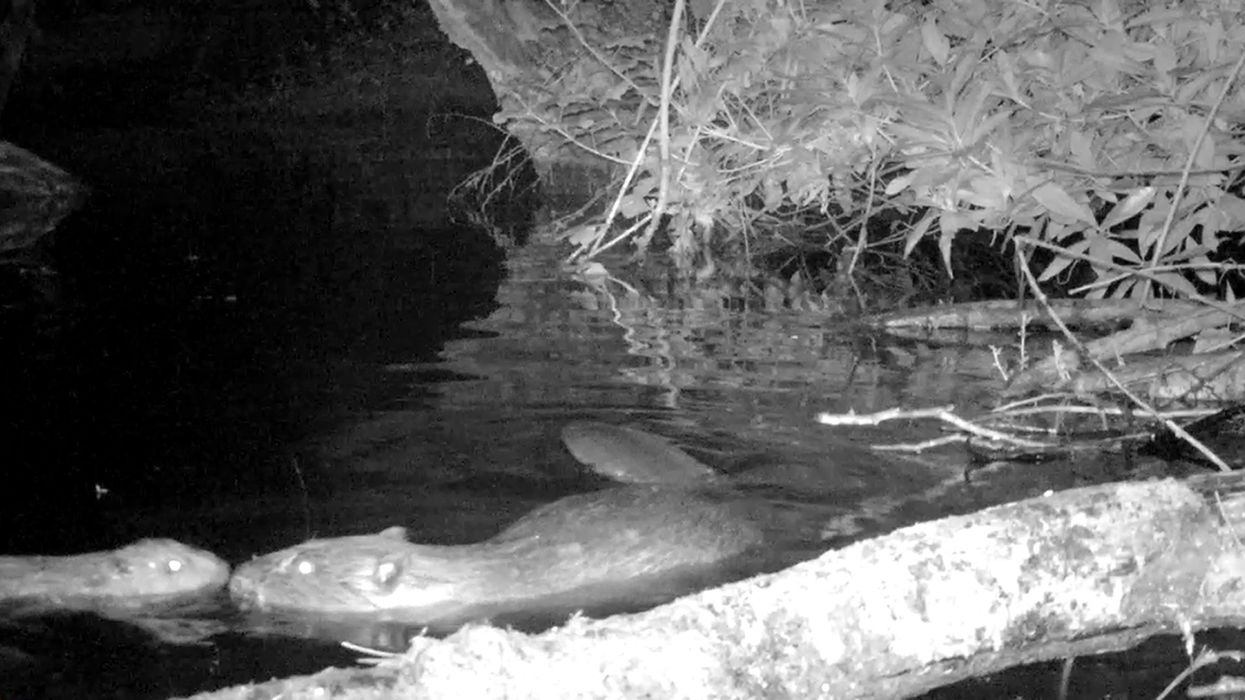
The first beaver born on Exmoor for 400 years has been named after England football star Marcus Rashford following a public poll, the National Trust said.
The youngster, known as a kit, was caught on film at the conservation charity’s Holnicote Estate in Somerset where beavers were introduced to a 6.7-acre enclosure in January 2020.
More than 500 suggestions for a name for the new arrival – a baby to mother Grylls and father Yogi – were narrowed down to four options by rangers at Holnicote, and put to a vote on social media.
From over 500 suggestions, Rashford has been voted the name of the new kit, in honour of @MarcusRashford. As nature… https://t.co/fm66HxH75s— National Trust (@National Trust) 1626356727
Some 2,800 people took part in the ballot, with half the votes placed for “Rashford” in honour of the footballer, who suffered racial abuse online after missing a penalty in Sunday’s Euro 2020 final defeat.
The name Banksy, after the artist who hails from the region, came in second place with 17% of the vote, while Hope and Pip both scored 16%.
The vote came after footage from a static camera which captured the kit swimming with its mother back to the family lodge, while she stopped to nibble a branch, became a hit when it was released to the public on Tuesday.
Ben Eardley, project manager for the National Trust on the Holnicote Estate, said: “We’ve been overwhelmed with the interest in the latest addition to our beaver family.
“It’s fantastic that so many people are just as excited as we are that our project to reintroduce beavers to this special landscape has been such a success.
“Rashford is a brilliant choice for this new addition to the family – and reminds people of a moment in this country’s footballing history after an amazing tournament for the England team.
“The kit, the first to be born on Exmoor in 400 years, gives us hope for future generations.”
The once-native semi-aquatic mammals are making a return to Britain after being hunted to extinction for their fur, glands and meat in the 16th century.
They are seen as nature engineers who restore wetland habitats through dam-building and felling trees, slowing, storing and filtering water in the landscape, which attracts other wildlife and reduces flooding downstream.














